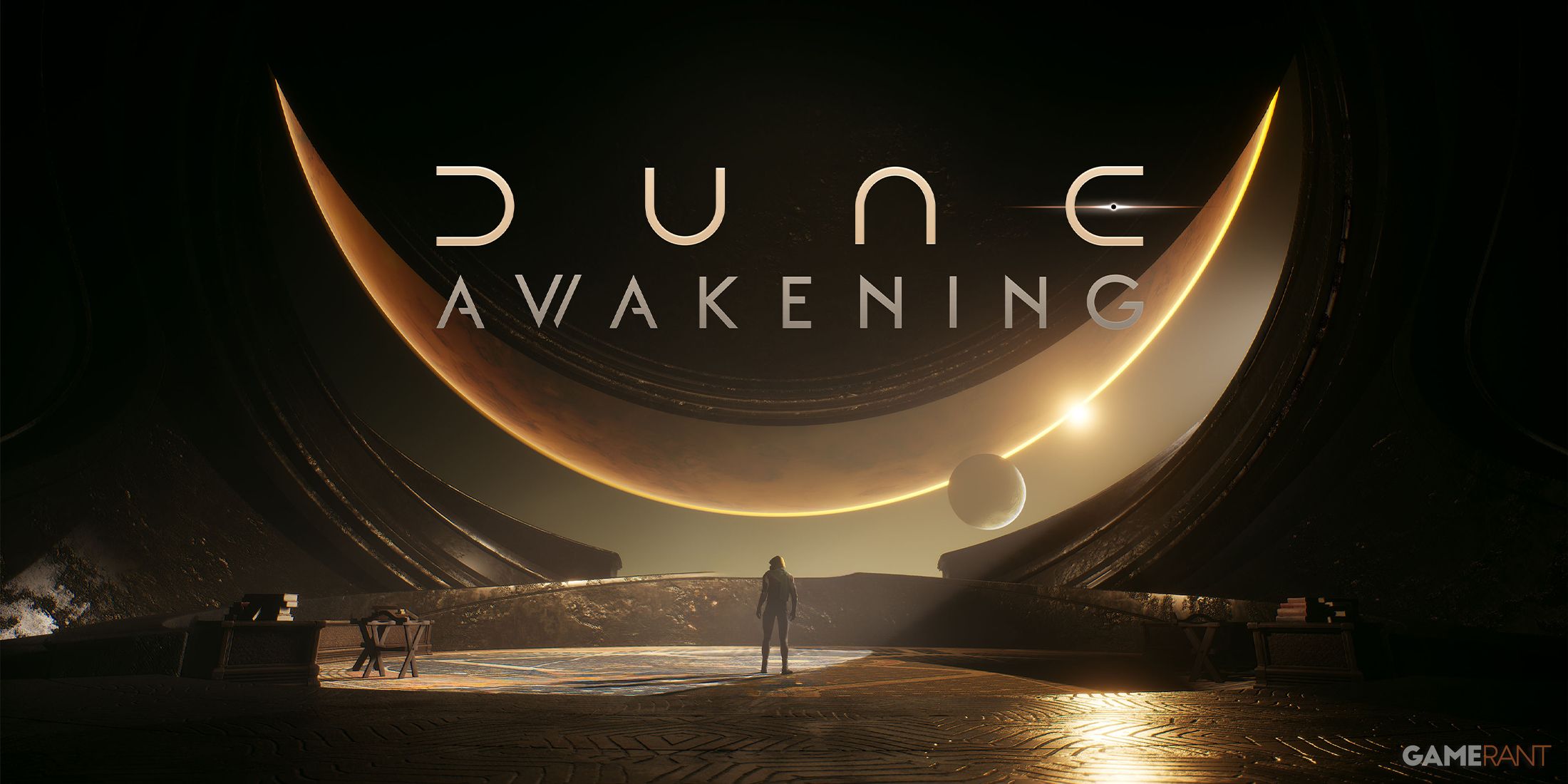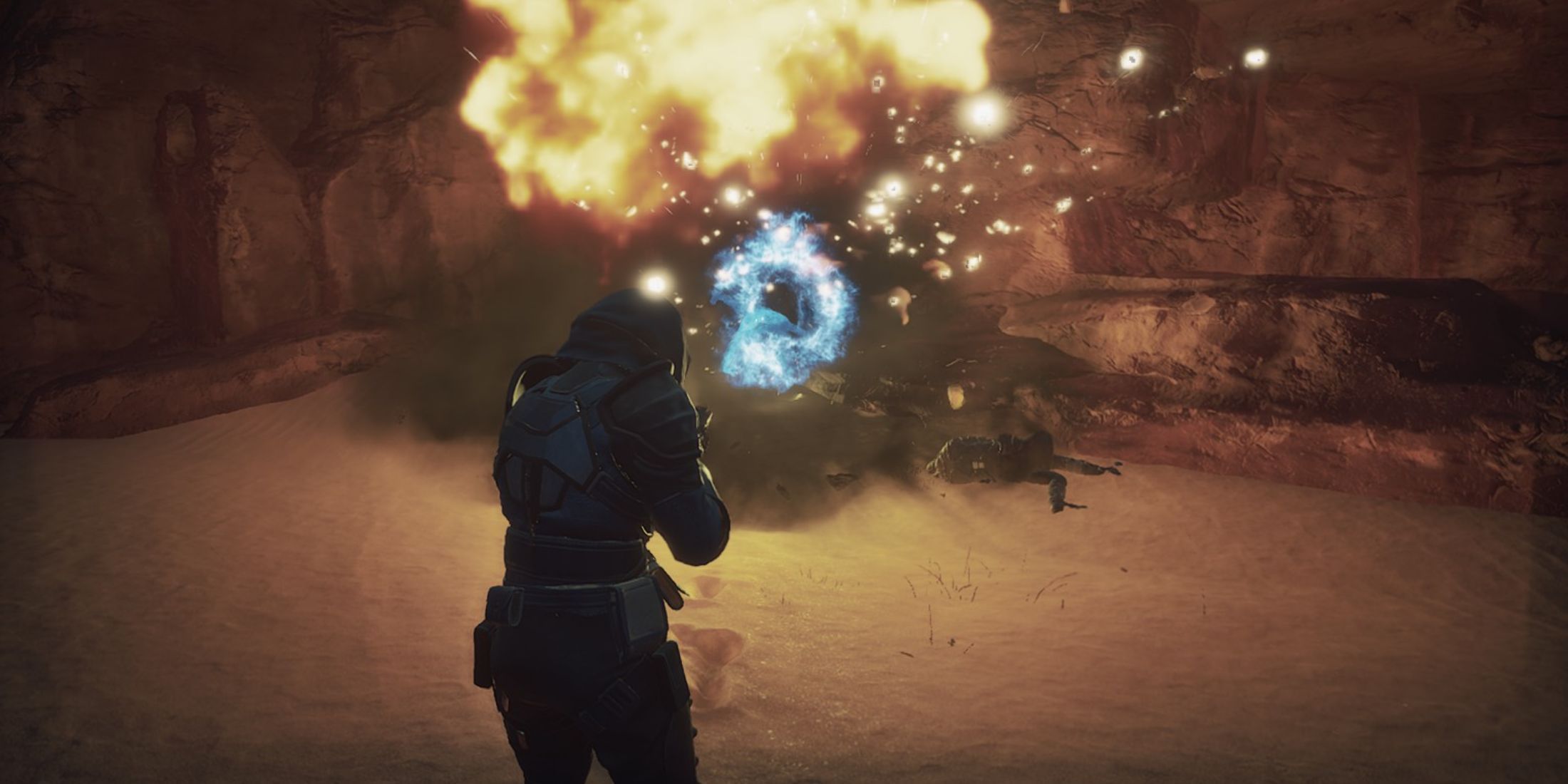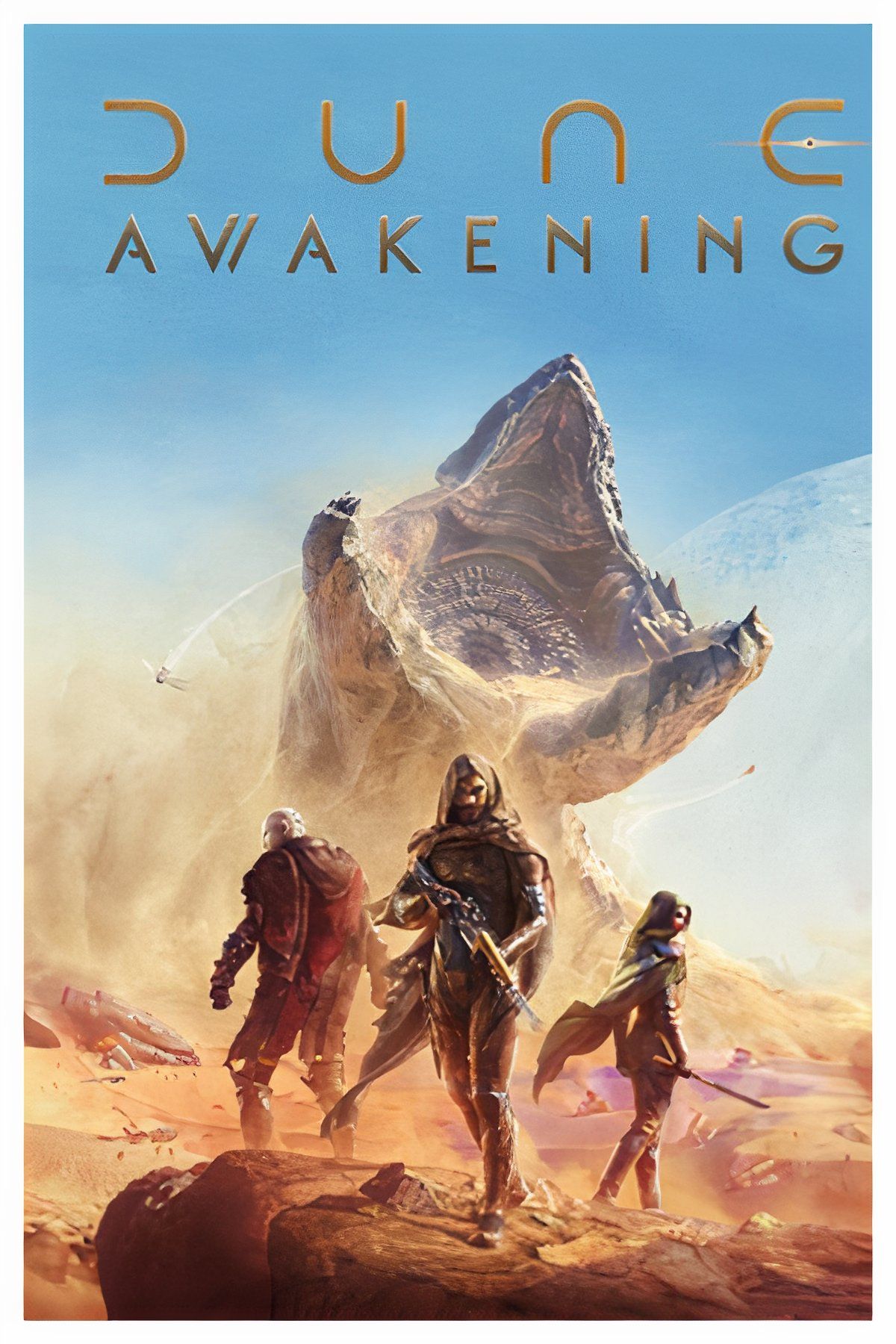The music of Funcom’s Dune: Awakening has a way of adding necessary substance to the unforgiving world of Arrakis without demanding attention from players. It feels constantly on the move and yet never moves too rashly or without purpose. More than anything else, it adds to the game’s soundscape and feels just as much a part of the survival MMO as the sand beneath the player’s feet. This isn’t just the story of Dune: Awakening, though, as the game’s composer arrived at that restrained approach to scoring many years ago, long before setting foot on Arrakis.
Game Rant recently interviewed Dune: Awakening composer Knut Avenstroup Haugen about his process, his influences, and the philosophy that shaped the game’s soundtrack. During that conversation, Haugen revealed a surprising moment from his past that continues to guide the way he writes music today.

Related
What 100 Hours of Dune: Awakening Solo Taught Me About Surviving on Arrakis
Dune: Awakening solo play is immersive and meditative, but 100 hours in, survival starts to feel like something far more isolating than empowering.
How Oblivion Shaped Dune: Awakening’s Minimalist Soundtrack
Haugen’s Journey From More to Less
When Knut Avenstroup Haugen began composing the soundtrack for Dune: Awakening, he didn’t set out to overwhelm the game’s world with the sound of his music. Instead, his goal was to create something that would simply support the atmosphere Dune: Awakening wanted to create by filling in the gaps without hogging the spotlight, and this is certainly reflected in the score’s minimalistic nature at times. Dune: Awakening‘s music clearly isn’t trying to be heard, but to be an essential part of the experience by showing restraint at the proper time. Speaking on this philosophy, Haugen explained:
“It’s a cliche that “less is more,” but it’s a cliche because it’s true. And it’s especially true when it comes to video games and films, because you are always there supporting something else, you’re part of something else. It’s not music that is written to be listened to alone. It’s written to accompany something else, and it can very quickly become too much.”
True as it may be, that mindset didn’t develop overnight. Earlier in his career, Haugen approached video game scoring from a very different angle, where his music was working harder to be the star performer rather than the stage for the story. Back then, his instincts were telling him something else entirely. Haugen continued:
“I noticed this when I started working more than 25 years ago with video games. The first years, I worked on games that were never released, but in the beginning, I wrote combat music or fighting music that was very busy. Of course, if there is a boss fight, I still do that, but the small fights, the kind of casual fighting that goes on all the time, I did very much. I thought that it was fine.”
Oblivion Taught Haugen That Less Can Create More Tension
However, there was a moment in his journey as a composer when something just clicked. It didn’t happen in a studio or during a recording session. Rather, it came from the simple act of playing one of gaming’s most beloved RPGs and having a moment of enlightenment. Haugen encountered an approach that contrasted with his own and left an impression that would stay with him for years to come. What he found in that experience ultimately changed the way he thought about music, specifically regarding how it can create tension when it holds back. Haugen concluded:
“But then I played Oblivion, and it was very similar to a game that I worked on at the time, which was Age of Conan. And I remember how little music there was for the combat sequence. And I thought it worked a lot better because it creates the kind of tension that you need, but that’s basically what you need. You just need to raise the tension level a little bit.”
That realization is still a core part of Haugen’s work today. His music holds tension by knowing when to stay quiet and when to explode out of the ground like one of Dune: Awakening‘s sandworms. And if there is one thing that the world of Arrakis thrives on, it’s tension. As players explore a planet that seems at every turn like it’s out to kill them, Haugen’s minimalistic score heightens those unsettling feelings they get when a storm is on the way, the journey ahead looks long and treacherous, and the sandworms burrow beneath the planet’s surface.



